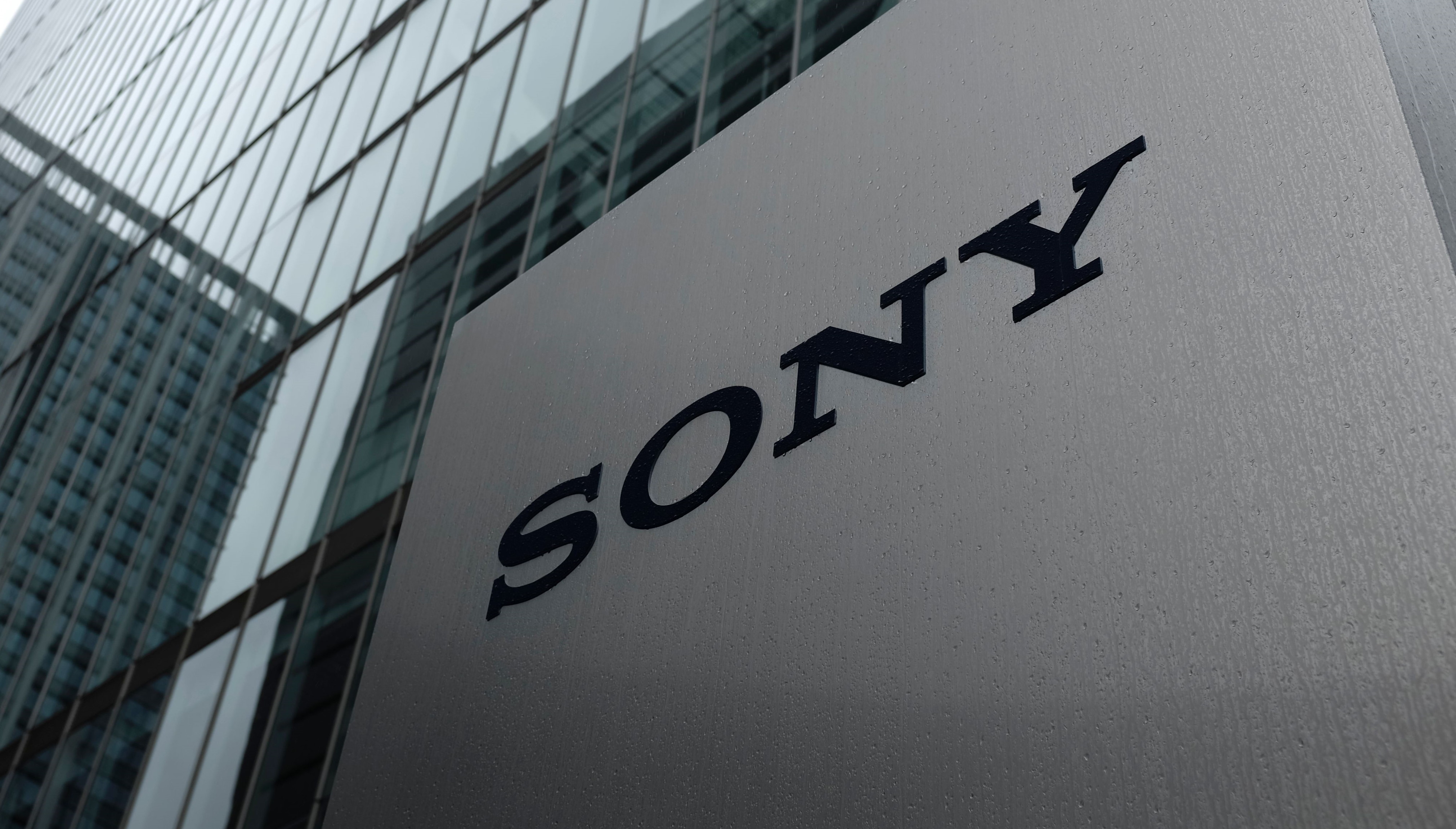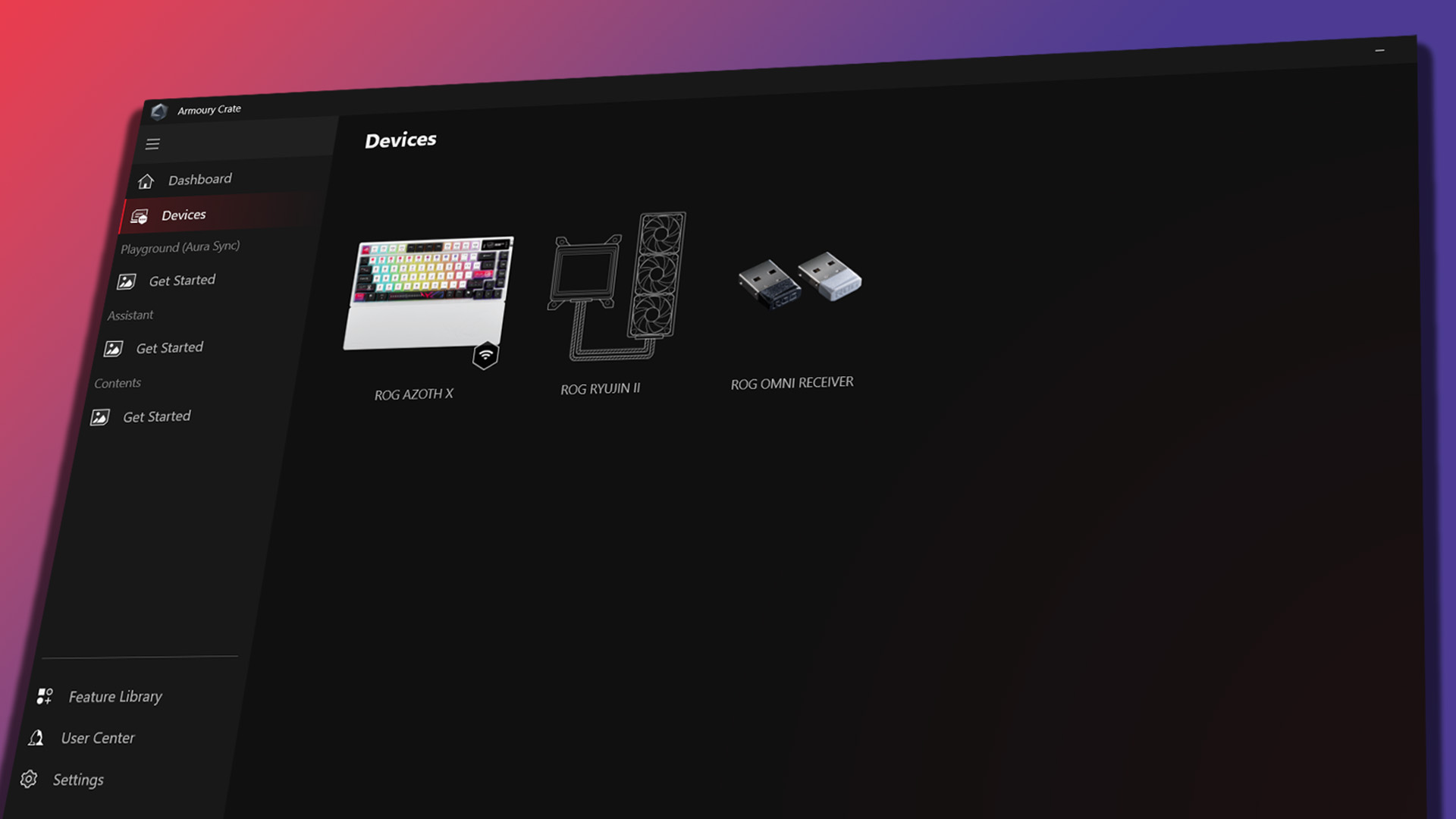
The PlayStation maker says a "truly massive" recent subpoena should be reduced in scope, and the judge agrees.
You know, I’m not sure the console dads will ever share a stage again. Mere days after Bobby Kotick accused Sony of “trying to sabotage” Microsoft’s acquisition of Activision Blizzard in the pages of the Financial Times, Sony has come out and accused Microsoft of “obvious harassment” (via Axios) in a recent filing to the US Federal Trade Commission (FTC).
It’s not quite harassment in the way you or I would understand it: Microsoft hasn’t been spamming Sony with abusive texts. But as part of the lengthy and ongoing litigation between the two companies over the Activision acquisition, the Xbox maker has requested access to all sorts of normally-private internal Sony documents to help it make its case. In its filing to the FTC, Sony claimed that one particular request—a “demand for performance reviews for SIE’s leadership”—was so far outside the scope of the dispute that it was tantamount to “obvious harassment” of Sony by Microsoft. Won’t someone think of the Sony executives?
Sony pointed out that “Even in employment cases courts require a specific showing of relevance before requiring production of personnel files,” which it reckons Microsoft hasn’t done. It added that the litigation over Activision isn’t even an employment case anyway, so where does Microsoft get off subpoenaing documents that it “speculates […] may ‘candidly’ discuss the performance of SIE’s gaming business”?
The notion of one megacorp ‘harassing’ another—as if we were discussing people with fears and feelings and not titanic, globe-spanning empires—sounds faintly absurd to me, but Sony’s argument convinced the judge. Chief administrative law judge D. Michael Chappell said Sony had “demonstrated good cause for the requested relief” and gave a proposed order that document request 13, which is the one pertaining to executive performance reviews, be quashed.
In the same section, Chappell also ordered that Microsoft limited itself to requesting documents from between January 1, 2019 and January 17, 2023, and specifically that its subpoena be limited to documents from a select few executives, among which are familiar names like Jim Ryan and Hermen Hulst. In order to not have to write out the names of all seven execs every time they come up, the document refers to them as the “Seven Custodians,” which makes them sound like something you go up against in a Destiny raid.
It feels like the corporations involved are almost as tired of this process dragging out as the general public at this point. If it’s not Sony mithering about “harassment,” it’s Bobby Kotick foretelling economic doom for the UK or Microsoft lawyers accusing venerable government institutions of violating the US constitution. We should probably wrap this thing up before it comes to blows in a supermarket parking lot.



